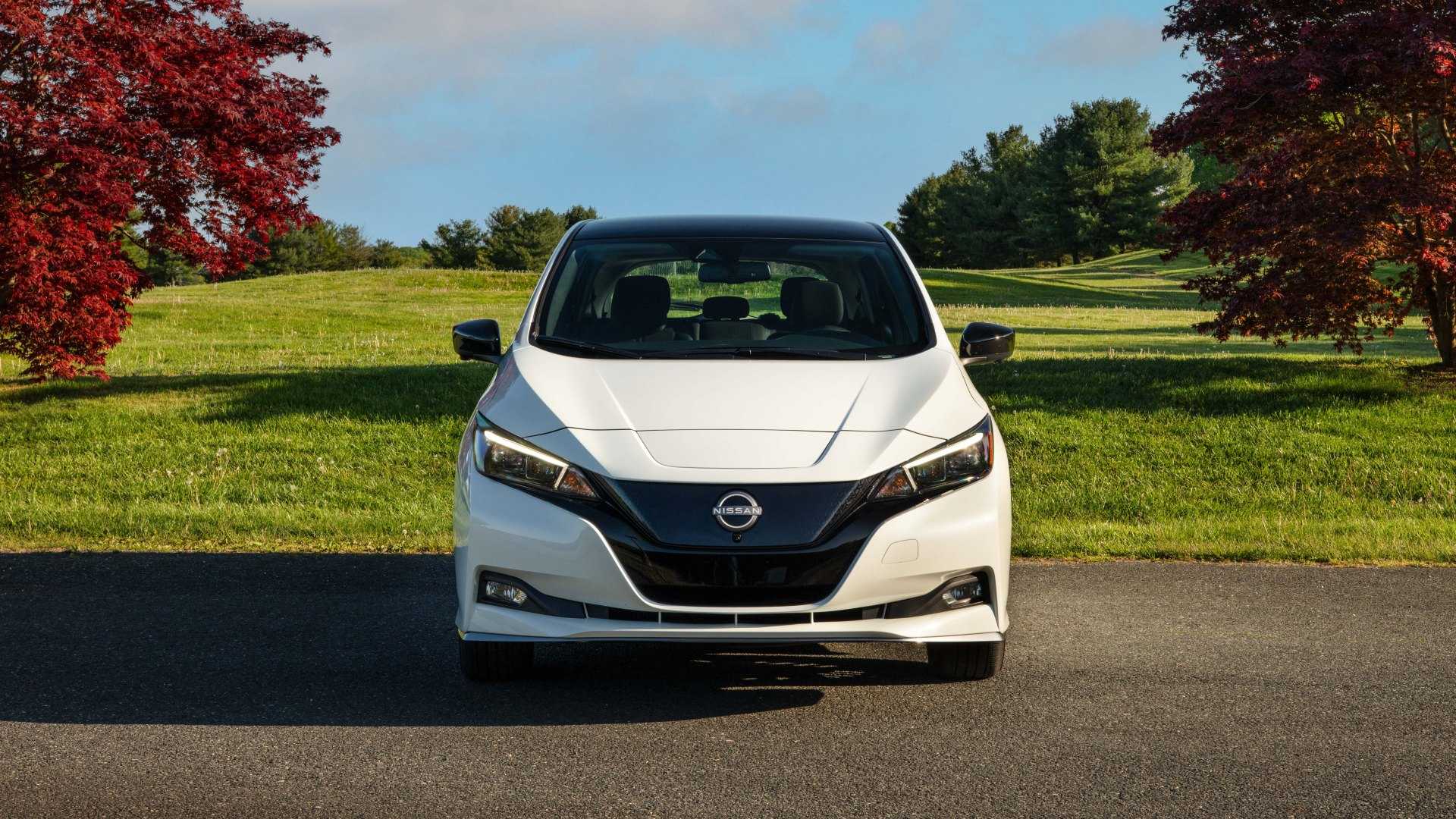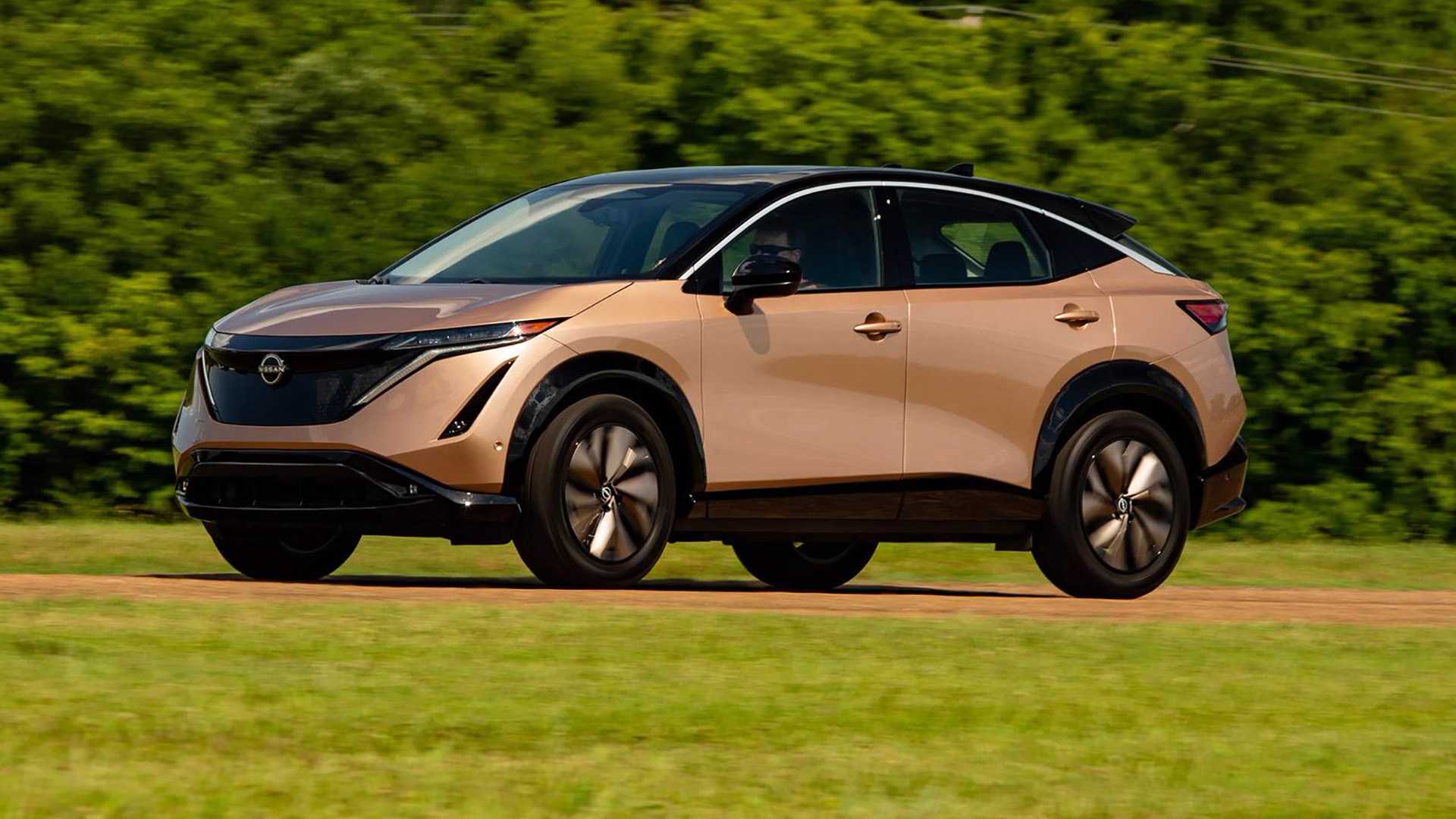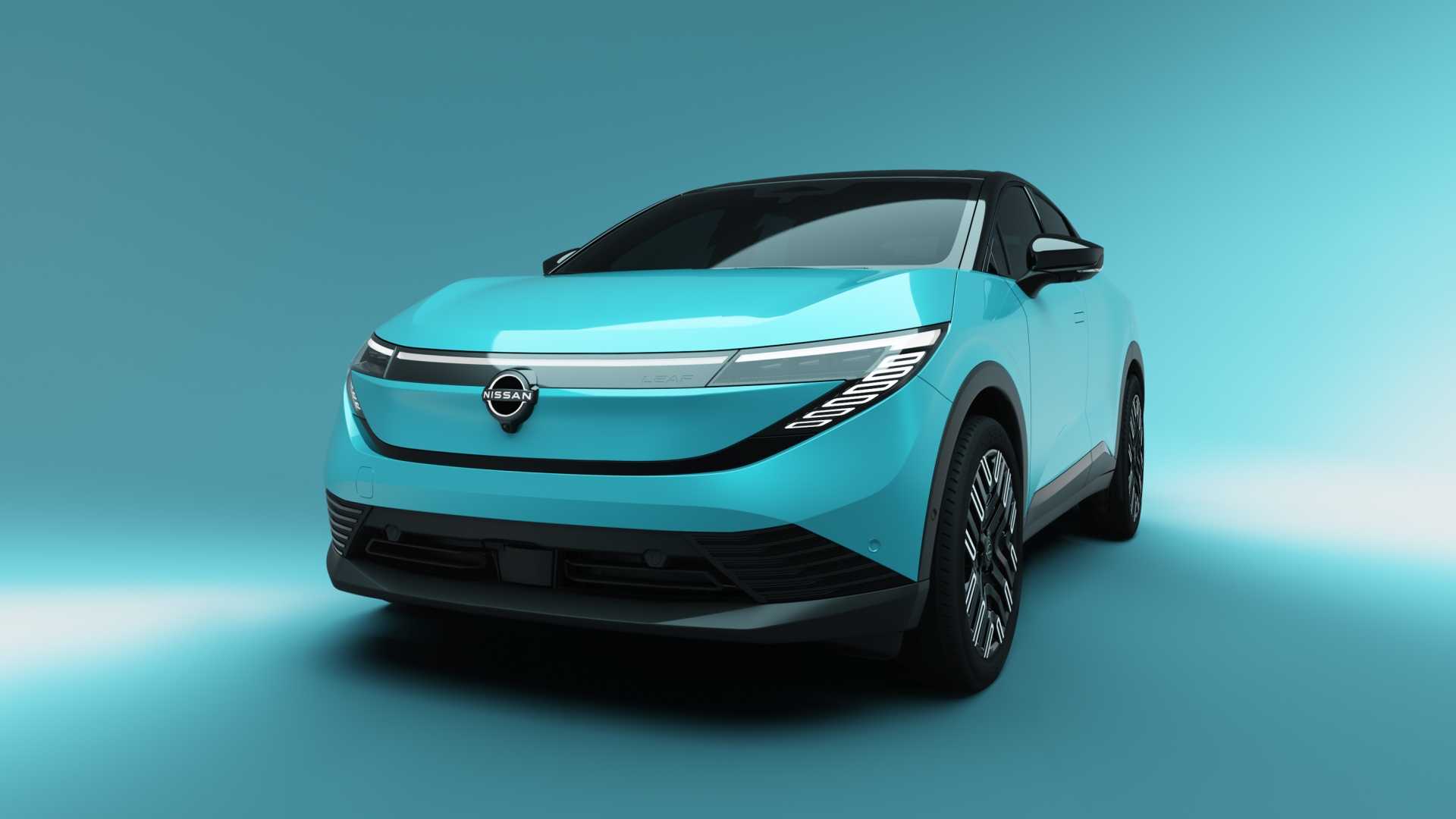There are numerous advantages to using solid-state batteries. These systems offer higher energy density for increased driving ranges in electric vehicles. Additionally, they're expected to have extended lifespans, quicker charging times, and superior safety compared to current lithium-ion battery technologies. The advantages of solid-state tech are substantial and varied, explaining why numerous car manufacturers and parts suppliers are actively studying these batteries, including Nissan , which intends to bring them to market sooner than many would expect.
Nissan Could Be The Pioneer

As stated in a report from Inside EVs , the Japanese car manufacturer is aiming to launch a new model or technology. all-solid-state battery By the conclusion of their 2028 fiscal year, they aim for this objective with "(ASSB)" design. "This is what we aspire to achieve," stated Shunichi Inamijima, Nissan’s vice president overseeing powertrain and EV engineering, during a dedicated press gathering in Japan, as interpreted by a translator.
Advantages Of Solid-State Batteries
- Greater energy density
- Enhanced safety
- Faster charging
- Lighter weight
- Longer range
Currently, there is some peculiarity regarding that timeline because Nissan’s financial years do not align with standard calendar years. Nonetheless, this indicates that the company will likely install solid-state battery packs in their electric vehicles sometime before March 31, 2029, which marks the conclusion of the '28 fiscal year. Despite delays, Inamijima informed Inside EVs that the development phase for these batteries has peaked, and ideally, they could adhere to that timeframe.
ASSB Might Be A Groundbreaking Innovation

Streamlining the electric vehicle ownership experience, Nissan’s forthcoming ASSB is expected to achieve a 65 percent state of charge in merely 5 minutes, which is remarkably fast. This impressive capability will likely be facilitated by batteries featuring a sulfur-containing electrolyte combined with lithium-metal anodes. In time, Nissan might also adopt cathodes composed of materials like nickel-manganese-cobalt, nickel-manganese, or perhaps eventually sulfur-manganese. Utilizing some of these alternate chemistry options could enable Nissan to eliminate the use of cobalt in their future ASSBs, thereby addressing sourcing challenges and reducing costs associated with this pricey element.
While working towards bringing solid-state batteries to market, Nissan is targeting an energy density of approximately 1,000 watt-hours per liter. This surpasses numerous current designs, which typically reach just 700 Wh per liter of battery size. For electric vehicle owners, this is excellent news since batteries with higher storage capacity within a reduced weight and footprint will allow cars to be lighter, extend driving range between charges, and improve overall performance.

It’s not clear which Nissan model or models the company refers to. new ASSB It would debut soon, yet the car manufacturer might become the pioneer in bringing this technology to market. Roughly fifteen years back, the Leaf, an all-electric hatchback, led the way as a groundbreaking electric vehicle. Nissan has the potential to reclaim leadership if it becomes the first to offer a practically feasible solid-state battery; however, competitors are also vying strongly for supremacy. Honda , the Hyundai Motor Group, Mercedes-Benz , Toyota , with many other supply companies also actively engaged in the development of this technology. It’s unclear who will launch their product first, but Nissan appears well-positioned for success.
